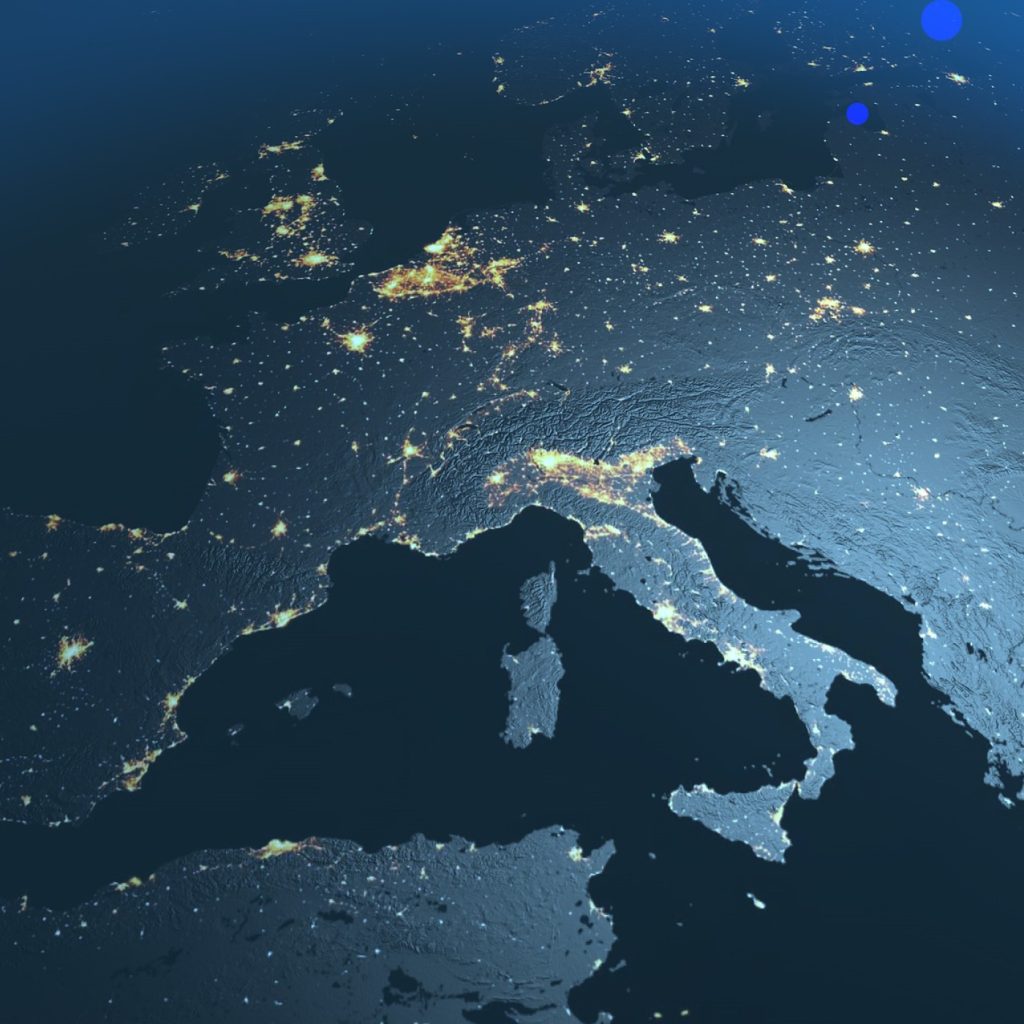L’Europe de l’énergie existe : le citoyen l’a rencontrée
Jean-Arnold vinois, conseiller Union de l’énergie pour l’Institut Jacques Delors, et Thomas Pellerin-Carlin, Chef du Jacques Delors Energy Centre, nous donnent un aperçu des mesures prises par l’Union européenne pour lutter contre le dérèglement climatique et promouvoir la transition énergétique.

À la veille des élections européennes et à l’heure où nombre de citoyens prennent conscience de l’ampleur du changement climatique, il importe de comprendre ce que l’Union européenne a déjà fait et peut encore accomplir dans le domaine de l’énergie et du climat.
Les activités de l’Union sur cet enjeu sont généralement peu connues alors qu’elles mobilisent tous les acteurs concernés : décideurs européens et nationaux, régulateurs nationaux, entreprises, collectivités locales et organisations non gouvernementales.
Mais sur cette question comme sur d’autres, il est trop fréquent de voir les hommes et femmes politiques nationaux s’approprier les mérites d’une bonne action alors qu’elle revient à l’Union européenne, agissant collectivement dans l’intérêt de ses États membres. Pire encore pour nos démocraties, nombre d’entre eux ne manquent jamais l’occasion de stigmatiser l’Union pour une décision qu’eux-mêmes ont soutenue (par exemple, après le scandale du Dieselgate). En bref, nombre d’hommes et de femmes politiques réussissent à « nationaliser » les victoires européennes, et à « européaniser » des échecs dont ils sont les premiers – et parfois les seuls – responsables.
La politique européenne de l’énergie est une politique très jeune. Malgré des accords européens conclus dans les années 1950 concernant le charbon et l’acier (CECA) puis le nucléaire (Euratom), il a fallu attendre 2009 (Traité de Lisbonne) pour que les États membres octroient une base juridique claire permettant à l’Union européenne d’adopter des mesures contraignantes à la hauteur des enjeux. Cette disposition nouvelle sur l’énergie fixe par ailleurs des limites claires à l’action de l’Union européenne : les États membres restent souverains concernant le choix de leur bouquet énergétique (par exemple, pour ou contre le nucléaire), et l’exploitation de leurs ressources naturelles (par exemple pour ou contre le gaz de schiste). Quant à la taxation de l’énergie, essentielle pour modifier les comportements et les investissements, les États membres continuent de vouloir que ce thème soit l’objet d’un accord à l’unanimité, ce qui explique que ces mêmes États aient été, depuis huit ans, incapables de trouver un accord sur un système de taxation conforme aux objectifs affirmés pour le climat.
Dans le cadre de ces limites et grâce à la prise de conscience du dérèglement climatique, l’Union européenne a, au cours des dix dernières années (2009-2019), adopté et mis en œuvre un ensemble d’outils qui ont pour objet de réduire les émissions de gaz à effet de serre et d’utiliser au mieux les synergies européennes. Si ces mesures restent encore insuffisantes au regard du défi climatique, les résultats obtenus sont néanmoins significatifs et constituent des fondations solides pour les décisions futures. En voici un bref aperçu.




